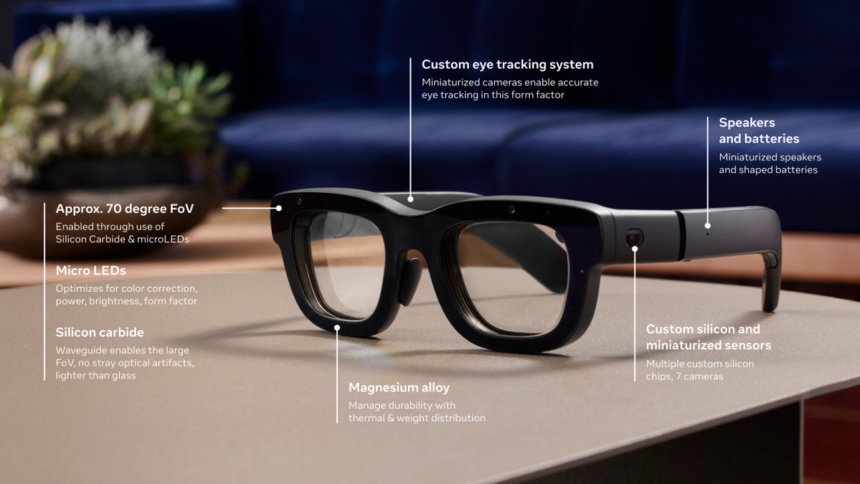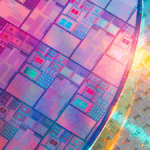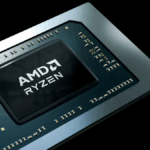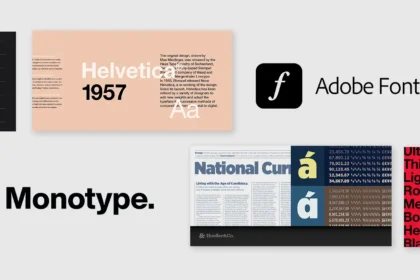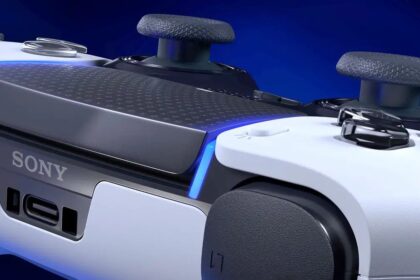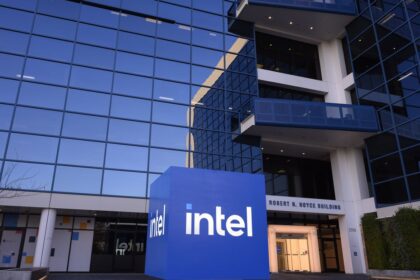During the Meta Connect 2024 event on Wednesday (25), Mark Zuckerberg, CEO of Meta, unveiled the prototype of the Orion augmented reality (AR) glasses. These glasses were initially announced under the code Project Nazare five years ago. The standout feature of the Orion glasses is a microLED display, which allows users to view floating information directly in their field of vision.
The ultimate AR experience
Remember Google Glass? Think of Orion as its evolution. These glasses appear relatively ordinary but are packed with augmented reality (AR) capabilities that allow users to interact with digital information seamlessly. According to Meta, Orion represents the most advanced project in the AR segment to date. With cutting-edge technology like microLED displays, Orion offers a much more immersive and integrated experience than previous attempts, making it a significant leap forward in the wearable tech space.
“Five years ago, we announced to the world that we were developing augmented reality glasses. We believe that people shouldn’t have to choose between having a world of information at their fingertips and being present in the physical world around them,” the company said during o Meta Connect 2024.
Orion glasses sync with users by combining voice commands, gaze detection, and hand tracking to enable intuitive interactions like swiping, clicking, and scrolling. These features allow users to seamlessly engage with digital content displayed directly within their field of view.
Thanks to microLED screens, Orion offers a 70-degree field of vision, enabling users to see multiple apps at once or even life-size holograms of people, blending digital elements with the physical world.
To enhance this experience, Meta replaced traditional glass lenses with silicon carbide, which is lighter, avoids optical artifacts, reduces light diffusion, and boasts a high refractive index—all crucial for delivering a wide, immersive field of view. This advanced material ensures a more natural and clearer visual experience in augmented reality.
Pinning the Apple Vision Pro
Meta took a subtle jab at the Apple Vision Pro AR headset by highlighting that Orion glasses allow people around the user to see their real eyes, rather than a digital representation. This feature helps avoid the “uncanny valley” effect and makes the glasses feel more natural for everyday use, allowing users to wear them on the street just like regular glasses.
Additionally, Orion glasses come with their own built-in battery, making them completely wireless—unlike the Vision Pro, which requires a tethered battery pack. The trade-off for this wireless freedom is the slightly thicker frames, though Meta suggests this won’t detract from their appeal as an ordinary-looking pair of glasses.
What does Orion do?
The Orion augmented reality glasses from Meta will feature the company’s Meta AI assistant, designed to bridge the gap between the physical and digital worlds. Meta AI will interpret the real world and proactively provide relevant information to simplify daily tasks for users.
Key features include real-time video calls, messaging support for apps like WhatsApp and Messenger, and multiplayer augmented reality games. Like Apple’s Vision Pro, Orion enables multitasking without needing a laptop, allowing users to handle various tasks seamlessly.
Though additional functions haven’t been fully disclosed, it’s likely that real-time navigation via map applications will be part of the experience, displaying directions directly on the glasses.
When will Meta Orion arrive to the public?
For now, it’s best to manage expectations, as Orion is still in the prototype stage and won’t be available to the public anytime soon. Meta’s announcement highlights that the company is observing the augmented reality market and intends to invest in this technology, but Orion is still in the testing phase, accessible only to company employees and select individuals.
Before a full release, Meta will likely work on refining aspects such as the quality of the AR display and adjusting the scale of production to make Orion more affordable for consumers. There’s no clear timeline for when it will be ready for the broader market.

